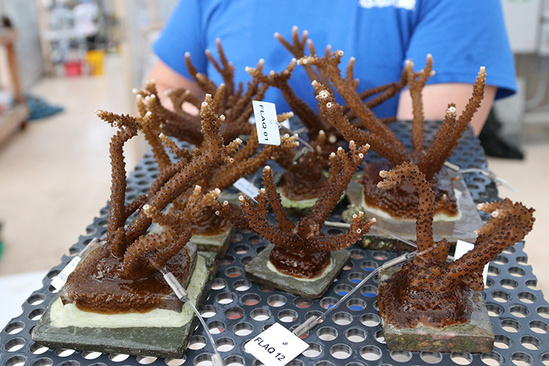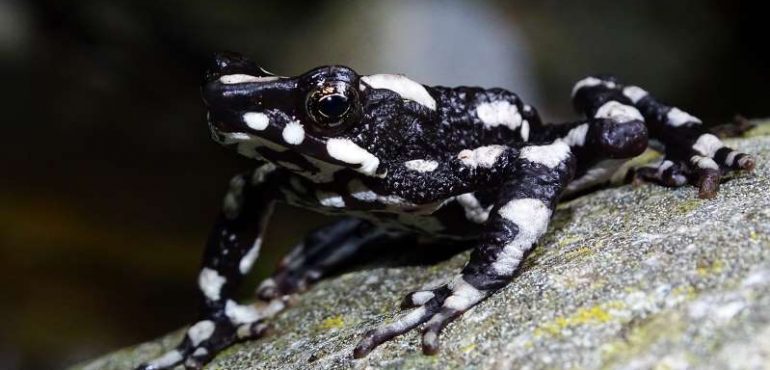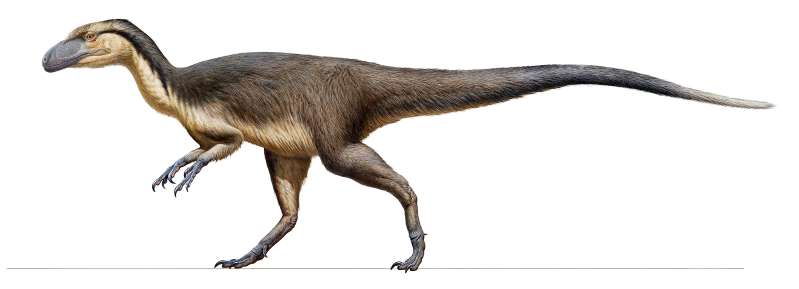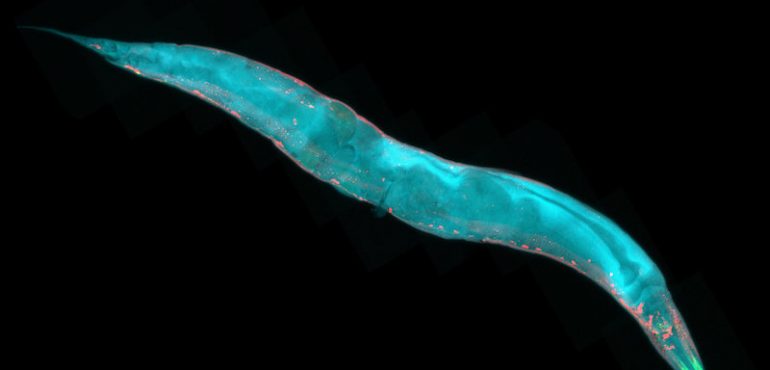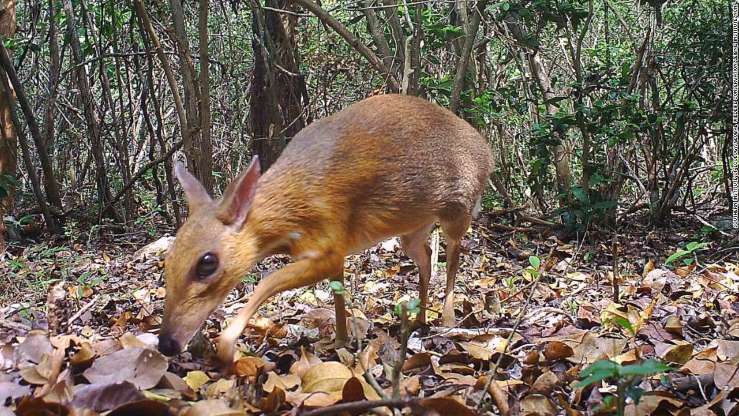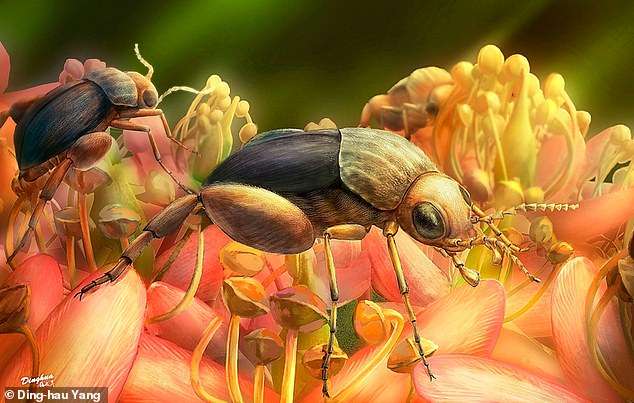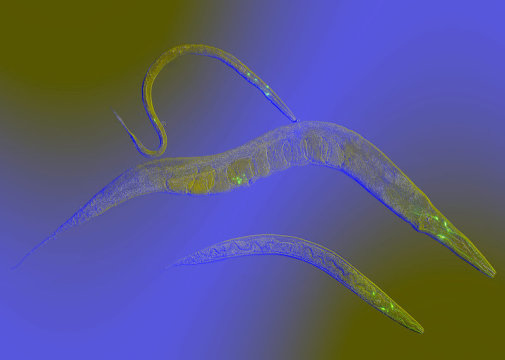Researchers at the University of Florida, in partnership with The Florida Aquarium, have discovered a novel method of culturing long-spined sea urchins, a species that is ecologically vital to the Florida Keys’ vulnerable coral reefs. Scientists from the UF Institute of Food and Agricultural Sciences (UF/IFAS) and Aquarium biologists will breed these urchins for use…
Read more
UF Researchers Team Up with Florida Aquarium for NOAA Project, Part of Coral Reef Restoration Initiative
